About
-
Date
24 Jul - 9 Oct 2025
-
Time
1-4pm AEST / Local Time
-
Location
Various

Engaging with Carbon, Renewable Energy and Nature Markets
Date
24 Jul - 9 Oct 2025
Time
1-4pm AEST / Local Time
Location
Various
The Carbon Market Institute’s 2025 Corporate Climate Masterclass Series, delivered on behalf of the Clean Energy Regulator, aims to engage and educate Australia’s business community on the role of environmental and renewable energy markets in organisational transition pathways towards net zero and nature positive outcomes.
Australia’s market-based schemes and complementary corporate governance frameworks are starting to shape financial flows and business decision making. Through the reformed Safeguard Mechanism and supporting ACCU Scheme, Australia’s strengthened compliance carbon market is playing an increasingly important role in facilitating industrial decarbonisation. Mandatory climate-related financial disclosure and associated regulatory guidance on greenwashing is also complemented by a growing ecosystem of legal, policy and investment frameworks. This includes the Nature Repair Market and Guarantee of Origin that present opportunities for Australian businesses.
With increasing scrutiny of corporate net zero commitments and growing recognition of the importance of co-benefits, integrity remains a critical dimension of how carbon markets are governed and regulated. This includes how and when companies engage with carbon markets to facilitate the net zero transition.
Through this five-part series delivered in-person and online, the Corporate Climate Masterclass Series provides business practitioners with the foundational knowledge necessary to understand key environmental and energy market frameworks relevant to Australian businesses and their interaction with corporate climate risk governance and reporting. It also provides practical knowledge to enable practitioners to engage with environmental and energy markets to meet their compliance obligations and realise ambitious transition strategies.
Schedule
Corporate Climate Risk Governance and Reporting to Achieve Net Zero
Corporate Climate Risk Governance and Reporting to Achieve Net Zero
This session will provide a deeper discussion on corporate climate risk governance and reporting, including directors’ duties, best practice net zero transition guidance, carbon accounting, corporate target setting, greenwashing legal and regulatory guidance and mandatory climate disclosure reporting.
Part 1
Corporate climate risk governance and engaging with environmental and renewable energy markets:

Claire LaBouchardiere

Kelly Smith

Emma Newnham

Kurt Winter
Part 2: Panel Discussion
Corporate climate risk governance and market engagement
Moderator

Kurt Winter

Emma Newnham

Philip Link

Claire LaBouchardiere

Kelly Smith
Break
Part 3
Building blocks for developing effective corporate decarbonisation strategies:

Jerome Bardoel

Philip Link
Part 4: Case Studies
Harnessing opportunities in corporate climate strategy:

Cathlin Thurbon

Christopher Ewing
ACCU Scheme Origination and Investment in the Nature Repair Market
Session Two: ACCU Scheme Origination and Investment in the Nature Repair Market
This session will focus on ACCU origination and purchase and investment in the Nature Repair Market (NRM). It introduces key regulatory mechanics of the ACCU Scheme and NRM, including method development, integrity and audit processes.
It will explore the business case for investment in land-based ACCU projects, including nature positive, risk management frameworks and tools, and ways to stack ACCUs and NRM certificates for land-based projects.
It will also delve into nature-based carbon and accounting for co-benefits under the ACCU and NRM schemes and explore market perspectives on how to account for and verify co-benefit claims.
Part 1
Fundamentals of Australia’s carbon and nature crediting frameworks:

Kurt Winter

Dean Smeulders
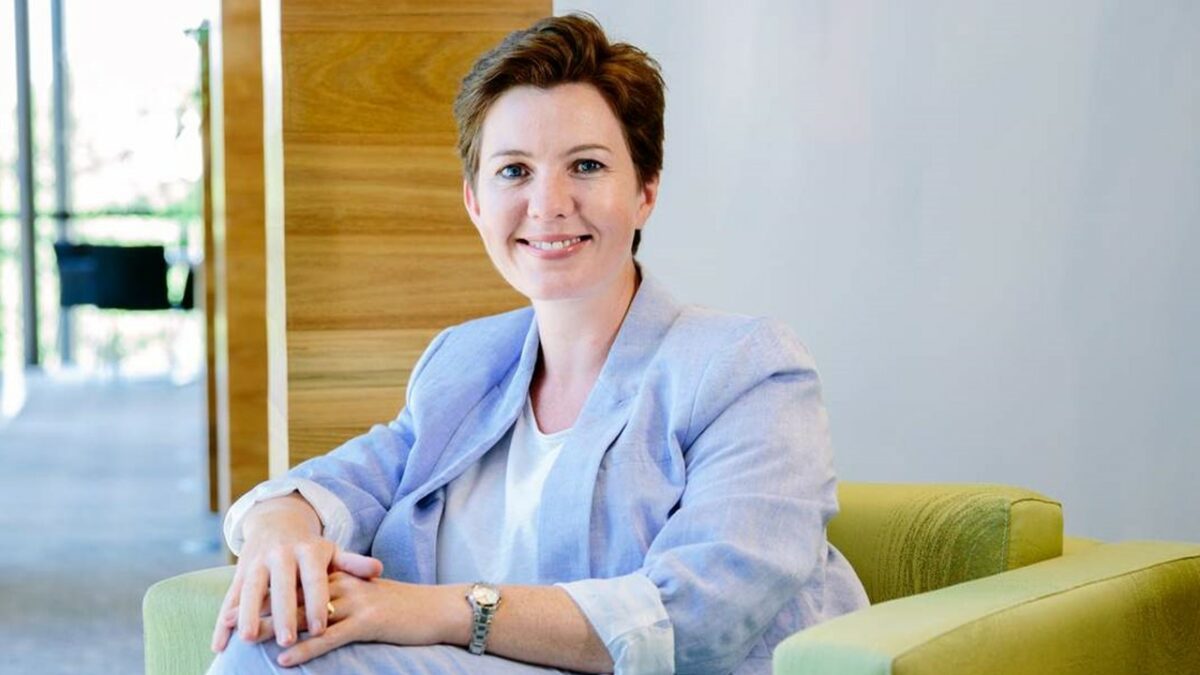
Dr. Karen Hussey

Katie Filipello

Kathleen Patroni
Part 2: Panel Discussion
Navigating investment in nature-based solutions:

Elisa de Wit

Dayana Flores

Raphael Wood

Emily Tammes
Break
Part 3
Opportunities to realise and value co-benefits:
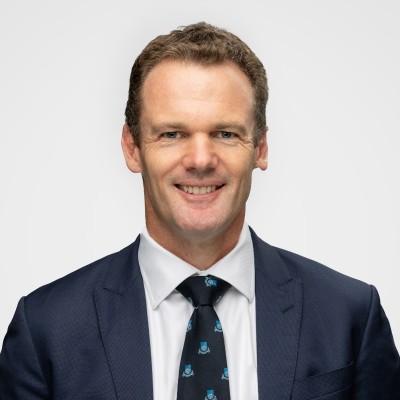
Wilfred Finn

James McGregor

Emily Tammes

Adrian Enright
Renewable Energy and the Guarantee of Origin
Session Three: Renewable Energy and the Guarantee of Origin
This session will focus on renewable electricity trading to contribute towards corporate decarbonisation strategies. It will introduce key legislative and regulatory dimensions of Australia’s renewable energy certificate schemes including the Large-scale Renewable Energy Target (LRET) and the Renewable Electricity Guarantee of Origin (REGO) and how these schemes may interact.
It will delve into market dynamics and outlook having regard to observed market trends and procurement options.
It will also cover how renewable energy certificates can be used to support corporate decarbonisation commitments and disclosures, the Guarantee of Origin framework and broader climate risk governance considerations.
Part 1
Australia’s renewable energy certificate schemes in context:

Kurt Winter

Paddy Aicken

Emma French
Part 2
Renewable energy market dynamics and outlook:

Kate Wagner

Sam Lee Mohan
Break
Part 3
Leveraging the REGO to support corporate decarbonisation pathways:
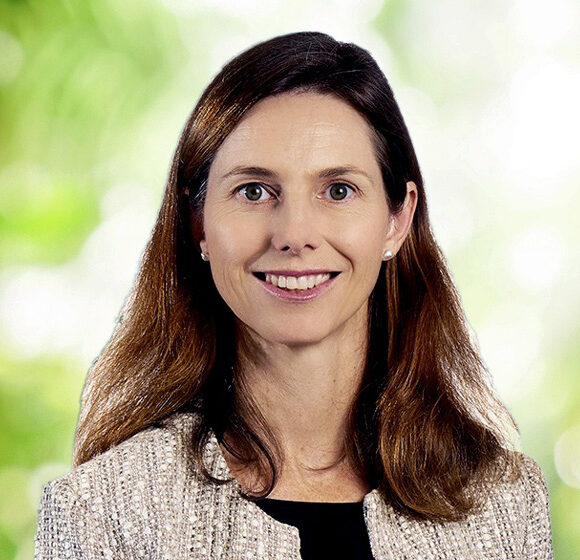
Ilona Millar

Michael Williams

Jet Chong
Navigating the Safeguard Mechanism
Session Four: Navigating the Safeguard Mechanism
This session will focus on how to engage with the Safeguard Mechanism as a covered facility.
It will introduce the Safeguard Mechanism’s regulatory framework and complementary policy and regulatory frameworks. It will explain flexibility mechanisms, compliance and reporting. It will also provide practical insights on market dynamics and engagement as well as market outlook and the role of futures.
Part 1
Understanding the reformed Safeguard Mechanism:

Mark Laybutt

Kurt Winter
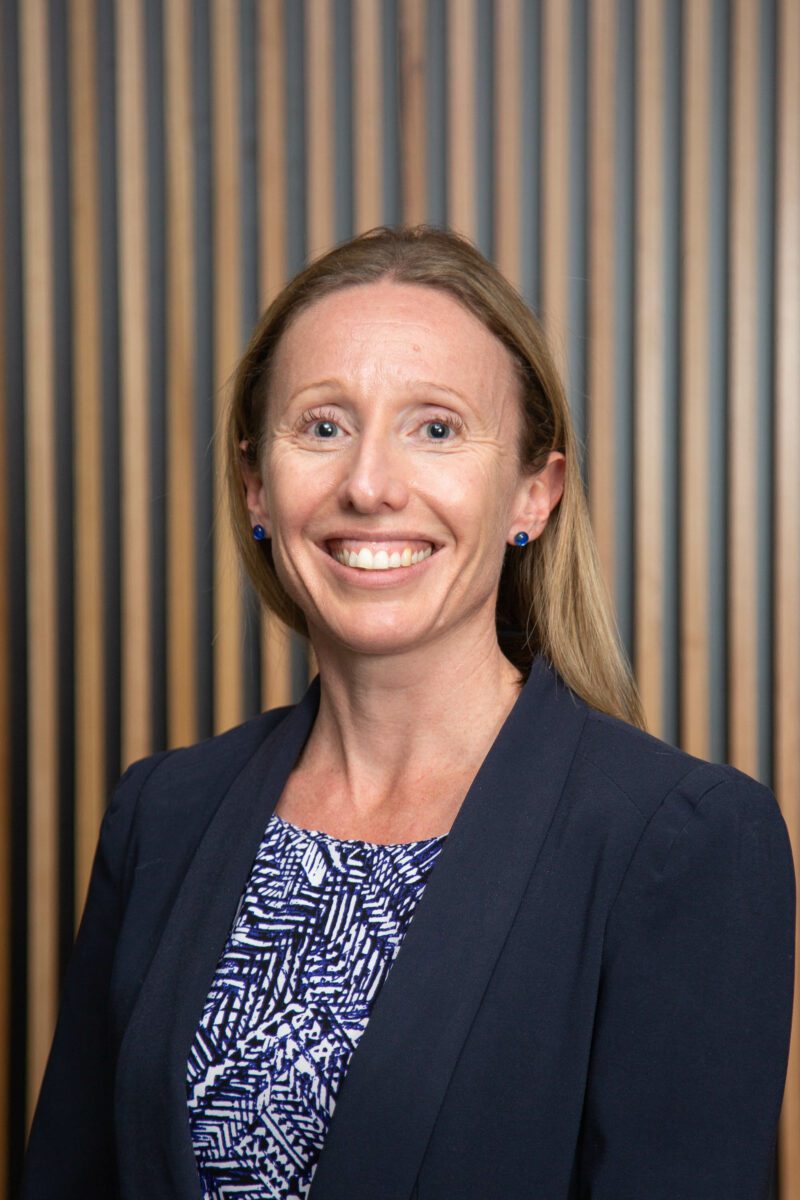
Edwina Johnson

Jillian Button

Marc Kemp
Part 2
Carbon trading and the ACCU Scheme:

Jeremy Ng
Part 3
Insights from the first compliance year under the reformed Safeguard Mechanism:

Mark Laybutt

William Acworth
Break
Part 4: Panel Discussion
Market outlook and the role of futures:

Ian Waddell

Bret Harper

Bethany Warren
Moderator

Kelly Smith

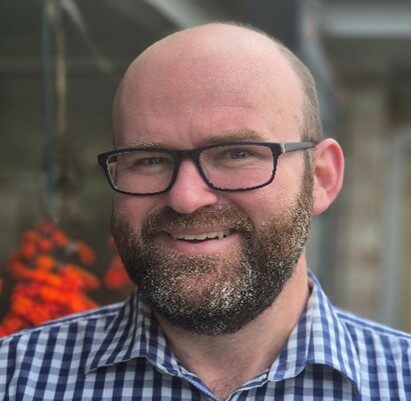








































Environmental and Renewable Energy Markets in Context
This webinar provides the necessary foundational knowledge on how Australia’s environmental and renewable energy markets operate, how to participate, an overview of domestic compliance fundamentals, market dynamics and developments, and engagement opportunities. It is recommended to watch for all participants wanting to build or refresh their knowledge of environmental markets and gain insights into recent and upcoming developments.